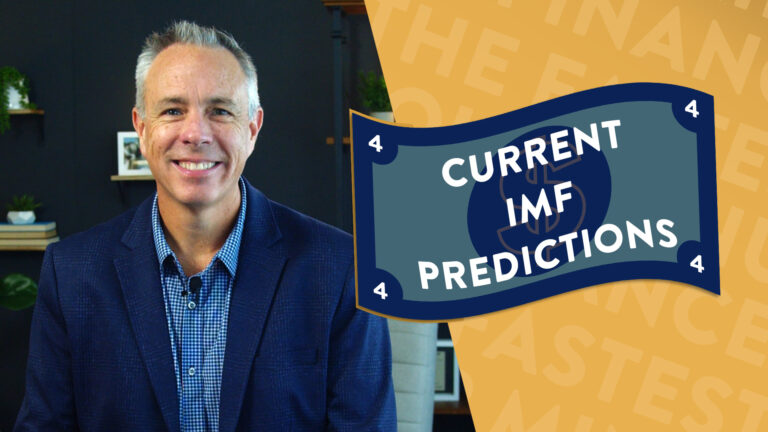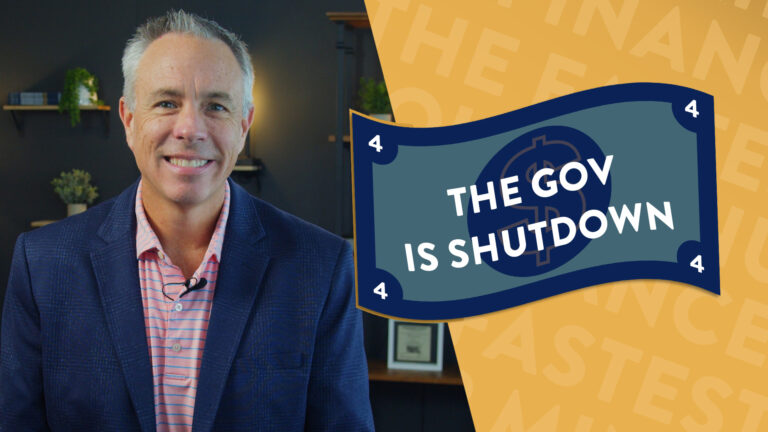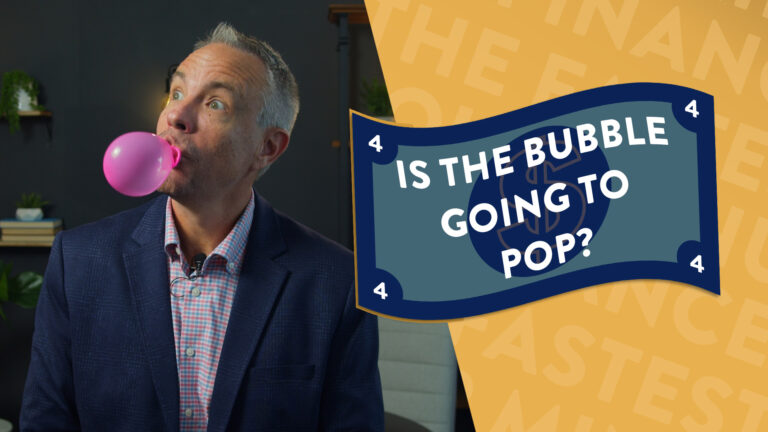For many of us, personal relationships are far more crucial than financial considerations. That means money is just a means to pass your legacy to those you love. An estate plan empowers you to determine how your assets will be distributed if you die or become incapacitated. While similar to a will, an estate plan covers far more ground.
Let’s explore the many benefits an estate plan could bring as you prepare how to protect your loved ones after your death.
What Is an Estate Plan?
An estate plan is the process used to anticipate and manage the financial, medical, and legal issues that may occur after your death. It’s kind of like a road map for those handling your assets after you pass away or when you’re unable to make decisions for your estate. Most estate plans include critical documents that provide detailed instructions, which together form a powerful representation of your final wishes, including but not limited to the following:
- Will: This document describes how you would like your property and other assets distributed.
- Trust: A designated trustor manages and distributes assets to benefit your beneficiaries or inheritors.
- Power of attorney: This document gives someone the power to manage your affairs due to illness or incapacity.
What Is Estate Planning vs. a Will?
A will is just one part of an estate plan. While having a will is important to set forth your wishes upon your passing, it’s just the first step in estate planning. Without an estate plan, your will may go to probate, a legal process that validates your will according to state laws, even if these don’t align with your final wishes.
A more comprehensive estate plan helps secure your legacy and the financial future of your loved ones, ensuring your wishes are honored regarding:
- Asset distribution
- Wealth management
- Healthcare directives
What Is the Purpose of Making an Estate Plan?
Life is often more complicated than outlining who gets what after your death. What happens if you have a business you wish to preserve? Or what if you have multiple heirs? There’s also the question of end-of-life care or incapacitation.
An estate plan helps simplify matters for your loved ones as they navigate complex issues upon your passing. Its main objectives are:
- Leaving a legacy: Ensure your assets get passed to the people and causes that matter to you.
- Managing tax challenges: Large estates can minimize assets lost to taxes.
- Planning for retirement: An estate plan can be combined with retirement planning to optimize your golden years.
- Maintaining a business: From farming operations to mom-and-pop shops, estate planning can help pass the mantle of authority.
Protect Your Assets and Preserve Your Legacy With GenWealth
You’ve worked hard to pass along a legacy to your loved ones. At GenWealth Financial Advisors, our partnership with Wealth.com can help you create an estate plan that protects your wishes and your family’s financial future.
Contact us today to begin the estate planning process with one of our professional financial advisors.






